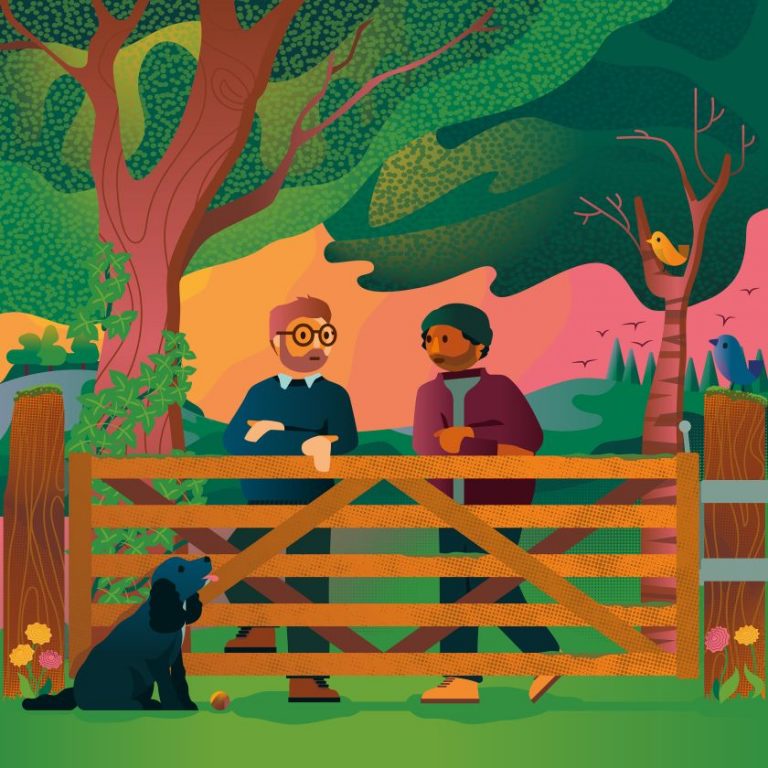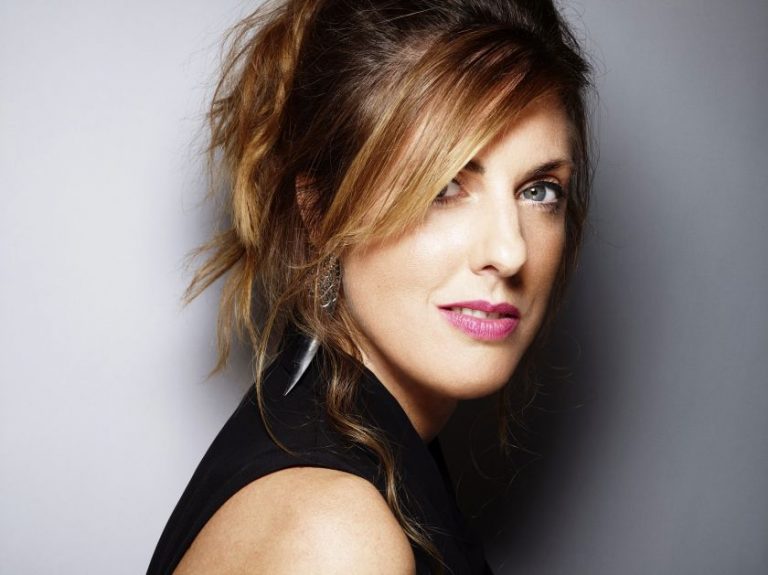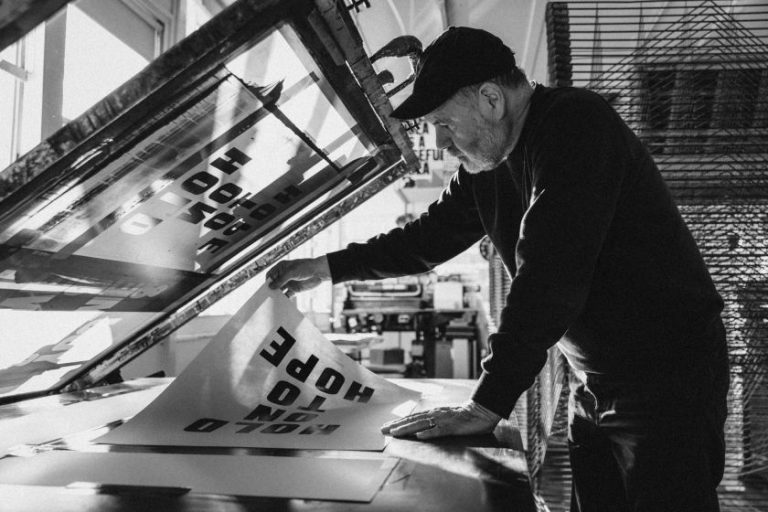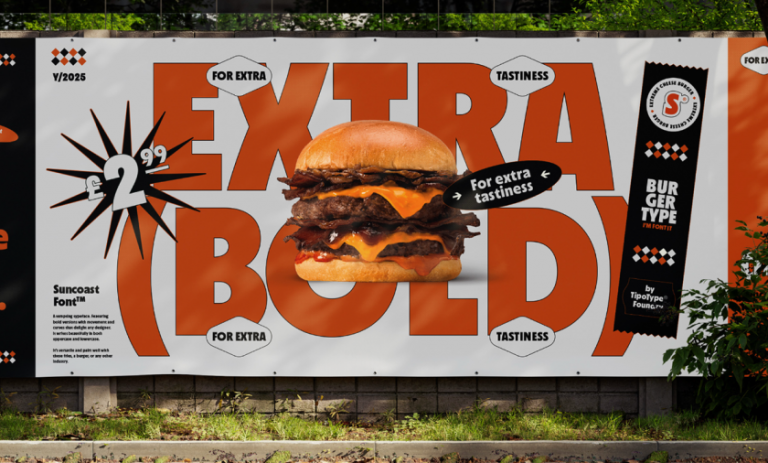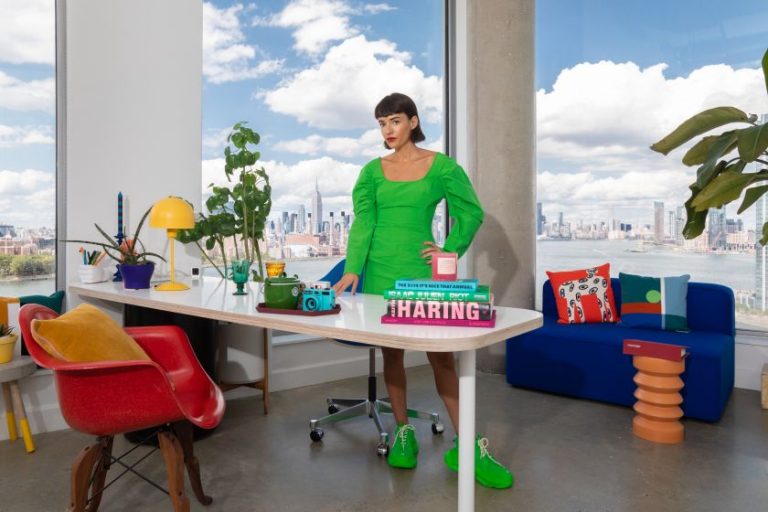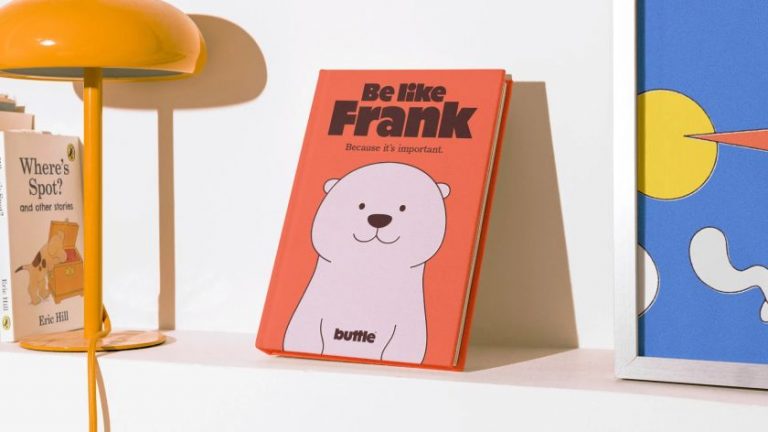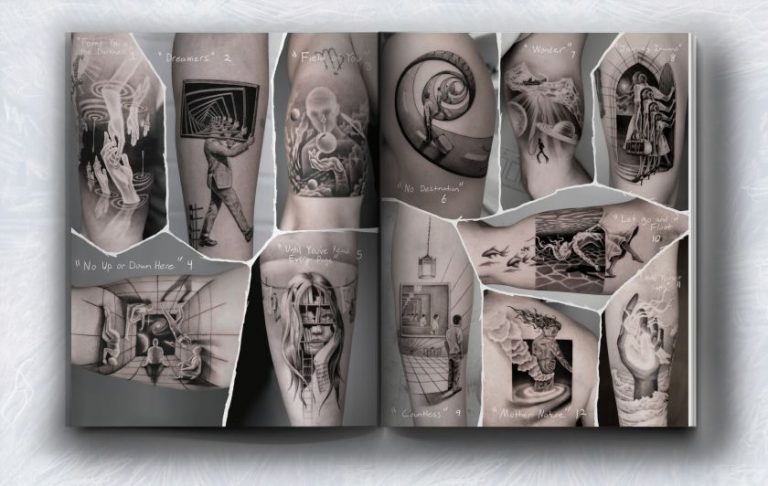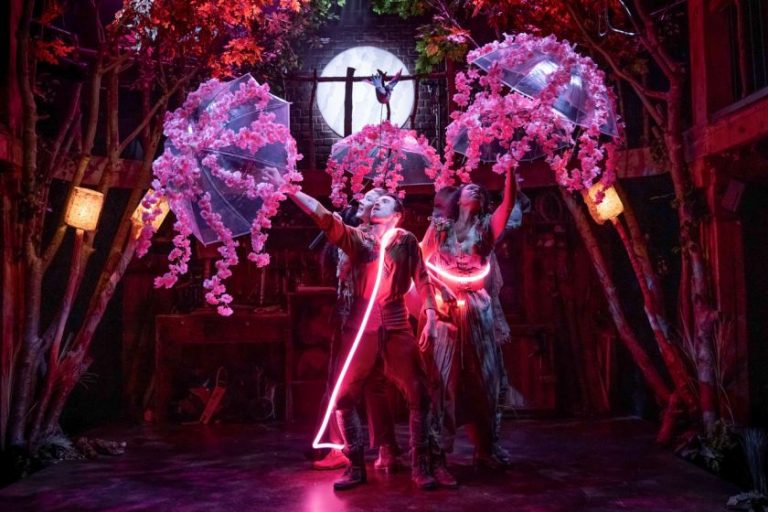Image licensed via Adobe Stock
Navigating work relationships and maintaining professionalism can sometimes prove tricky. We asked the creative community for advice on finding the right happy balance.
When you work in a creative studio or freelance and know loads of other creatives in the local industry, it’s inevitable that friendships will form. Those talk events you all attend and after-work socials provide the perfect environment to relax, have a drink, share common experiences, and forge bonds that can last a lifetime.
But what happens when some of those relationships become compromised? For instance, a creative pal might start texting you on weekends asking for work advice, or they constantly ask for favours but offer nothing in return. This kind of behaviour, while sometimes wholly inappropriate, highlights a lack of respect and perhaps poor self-awareness. It may also be that some people are just so driven that if they have the means and see you as someone who can facilitate their success, they will take advantage of you. In any way they see fit.
What’s especially frustrating is when you’re the type of person who never asks for favours, never expects anything from anyone, and treads lightly in the world, yet when you have one moment of weakness and ask for help, you can quickly be reminded just how selfish people can be. It can feel like a sting when you realise others might pull up the ladder after themselves, gate-keep, and don’t strive for your success, too. Feeling used and discarded, like a soggy paper towel, can make you wonder why you would ever want to help or be friends with anyone again.
None of us are saints. I, for instance, recently took advantage of another freelancer during a period of physical pain and suffering. It was totally against my principles. Yet, vulnerable and not thinking straight, I blurred the boundaries between professionalism and friendship. Thankfully, I had a moment of clarity, came to my senses, and reset the relationship.
It’s amazing what you can learn from a severe back injury and spending four months mostly on the floor. You realise time is precious, energy is limited, and mental health is everything. You have to protect and guard these with your life. And that means you might need to adapt a few things, including your own behaviour.
In that period between Christmas and Easter, I transformed from Doug, the lovable dog in Pixar’s Up, to Miranda Priestly from The Devil Wears Prada. Ok, maybe not that extreme, but you get the picture.
As a lifelong people-pleaser eager to make everyone happy, this trait can prove troublesome, but only if you don’t also look after yourself.
So what to do? How do you maintain work relationships and have fun with other creatives while keeping things respectful and professional? How do you continue giving back and supporting those around you without sapping your time and energy? We asked the creative community for their tips and advice.
Maintain Professional Boundaries
It’s essential to distinguish between professional and personal interactions, especially when clients are also friends. Elizabeth Wilson, a copywriter in Sydney,
manages this distinction by keeping her communications strictly professional. She says, “A friend with a very successful business recently became a client. I thought it might be awkward, but I’ve kept it professional by treating her like all clients – written briefs, copywriting contracts, and professional emails with no personal talk. Banter is for cocktail time.”
Embrace Authentic Communication
Authenticity can foster a natural evolution from professional relationships to friendships without compromising professional integrity. Motion designer Dan Silverstone talks about this process: “I think a work relationship sort of morphs into a friendship with enough time and honesty from both parties. I like to talk to clients like I talk to my mates, as I want to be comfortable chatting with them, not feeling like I have to be someone else. We’re all in the same boat!”
Manage Communication Channels
Setting expectations about availability and communication methods can prevent misunderstandings. Photographer Abbie Jennings tackles this by controlling how she shares her contact information: “I’ve found that as soon as people have my number, they think I’m available 24/7. I try not to give it out if it’s not a repeat client. I move conversations to email rather than social media/text, but on the flip side, if you’re not responding instantly, sometimes you miss out on jobs.”
Illustrator Niki Groom also prefers formal channels over casual ones, saying, “Despite all the ‘hey babe’ I get on Instagram, I’ll ask for an email address and send a more formal email. I never give my phone number out, so don’t I have clients WhatsApping me.”
Focus on Personal Values
Aligning yourself with like-minded creatives can enhance both professional interactions and potential friendships. Digital designer Millie Davis reflects on this: “In my opinion, this is exactly why focusing on your own values and morals is more important than bouncing off someone else’s energy. It becomes the natural progression in a friendship, work relationship, or acquaintance, and in turn, you’ll find like-minded and genuine people.”
Adapt Communication Styles
Understanding and adapting to the communication preferences of others can help tailor your professional interactions effectively. Designer Andy Milligan notes the flexibility required depending on the context: “I have some clients I address specifically as ‘ma’am and sir…’ and others where our chats are filled with emojis and gifs and mildly inappropriate humour. I think it comes down to personality, the kind of working relationship these people value, and how you brand yourself.”
Conclusion
At the end of the day, setting boundaries in any relationship is key, and it doesn’t always have to be big or formal; sometimes, just a little nudge in the right direction works, too. Also, we all need to take a step back now and then to check in on our relationships and even how we’re handling ourselves.
In this wonderful creative industry, having clear communication, a good dose of mutual respect, and a solid foundation of trust really make a difference. It’s all about figuring out who’s just a work contact and who’s become a proper mate. Every good relationship, be it professional or personal, needs a bit of give and take, a helping hand, and the space to breathe and grow.
And when it really clicks, when you find those people who just get it –who share advice, respect where you’re drawing the line, and make any meeting feel more like catching up with a friend – that’s when you know you’ve struck gold. As Gloria from Modern Family once said, “Be the wind in his back, not the spit in his face.”
But let’s be real: Not everyone will be your cheerleader. If someone is crossing the line too much or just taking without giving, maybe it’s time to ease off a bit.
Those who stand by you, who throw in as much as they take out and treat you right – keep them close. They’re the rare ones who might just stick with you for life.

